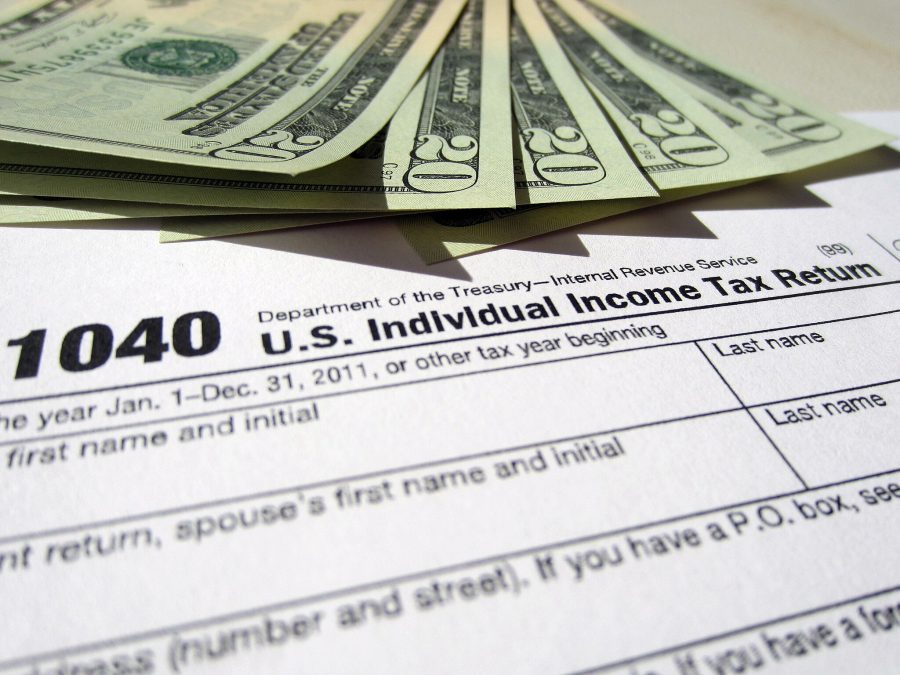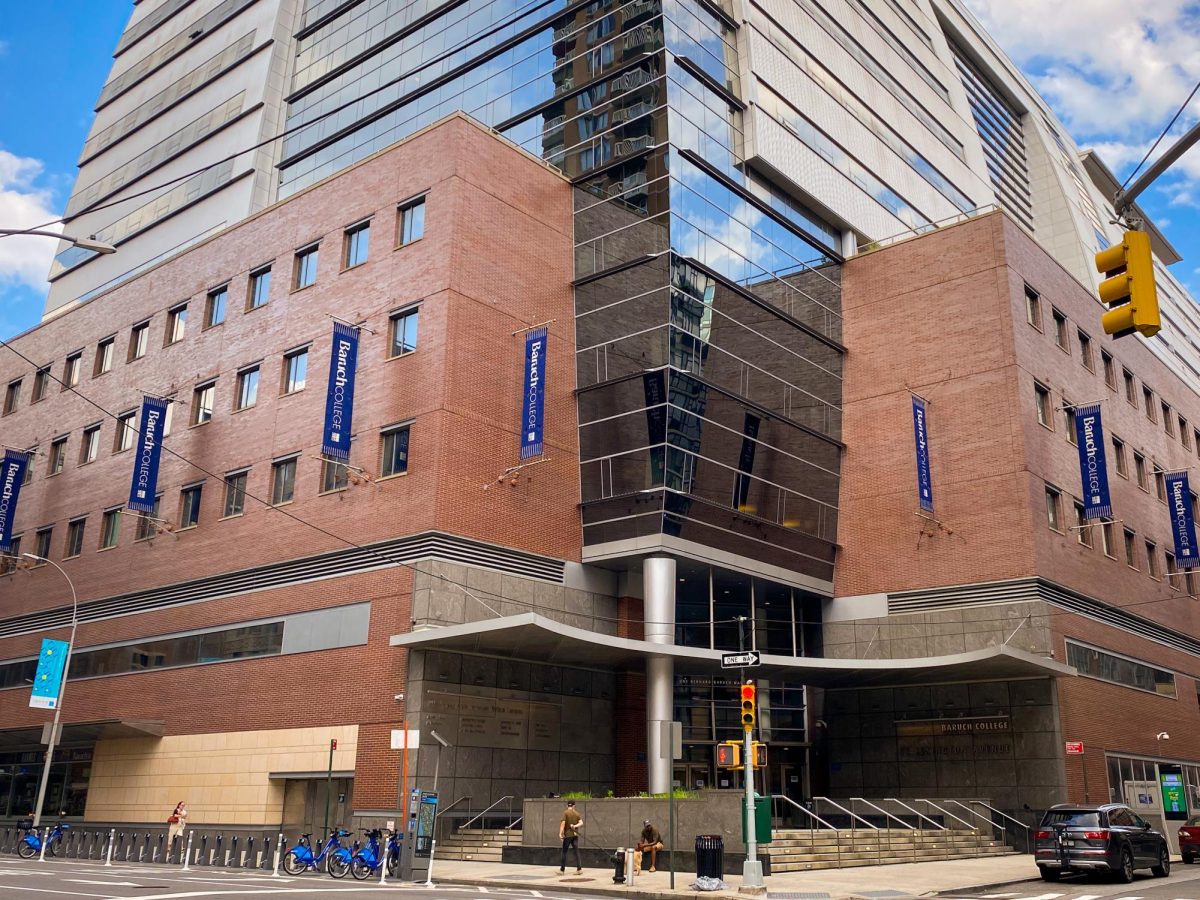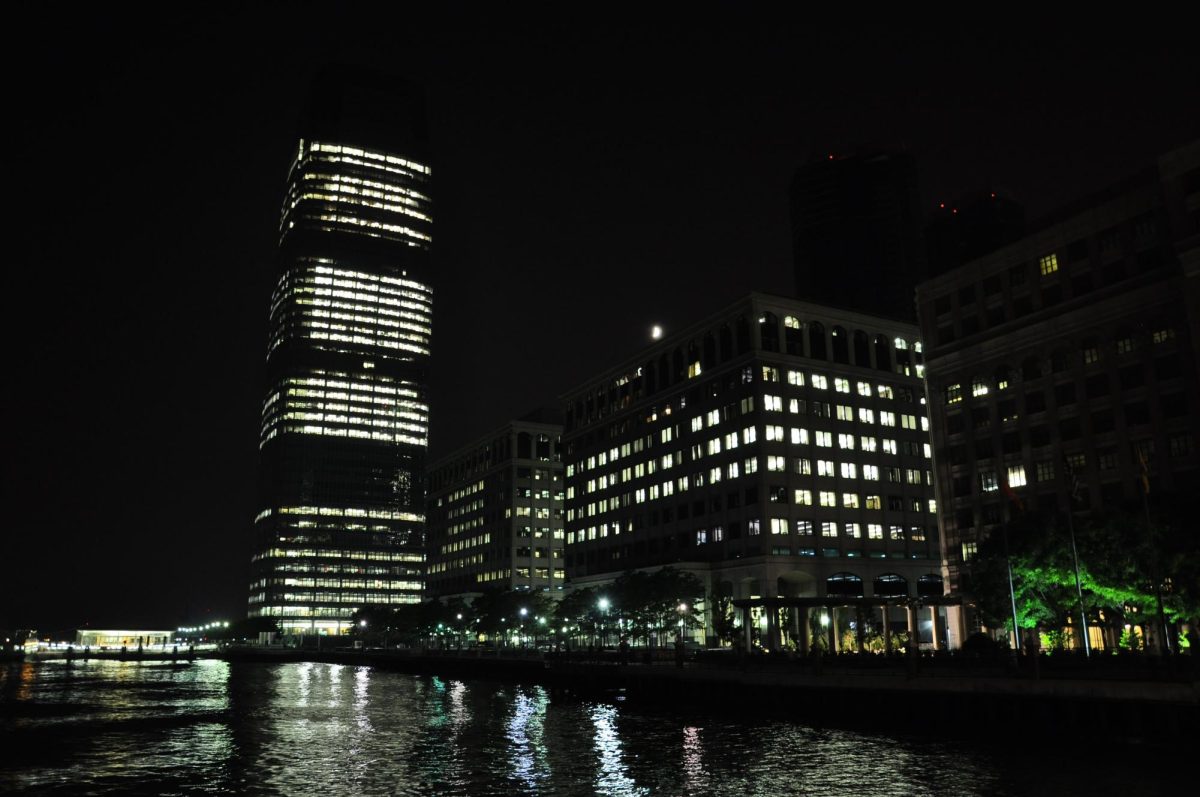Manhattan District Attorney Cyrus Vance Jr.’s office has been investigating Trump’s unmapped financial history since 2019 due to a $130,000 hush money payment made by Michael Cohen, Trump’s former attorney. The payment in question was made around the time of the presidential campaign in 2016, to adult-film star Stormy Daniels, who claimed to have had an affair with Trump years prior.
Vance also subpoenaed eight years of Trump’s personal and business tax returns from Mazars USA, the president’s accounting firm.
Refusing to comply with Vance’s requests, Trump sued in federal court last year to prevent his tax records from going public. However, the U.S. Supreme Court ruled that although they can prevent congressional investigators from obtaining his records, they can’t stop a New York City prosecutor from obtaining his tax returns and financial records.
“In our system of government, as this court has often stated, no one is above the law,” said Associate Justice Brett Kavanaugh. “That principle applies, of course, to a president.”
Likewise, Associate Justice Clarence Thomas said the New York case should be returned to lower courts to determine whether Trump’s duties as president preclude compliance with the grand jury subpoena.
Thus, the fight for his taxes to be released ensued in a mid-level appeals court, in which Vance’s team cited a 2018 report from The New York Times suggesting that Trump could be a part of a larger fraud scheme.
The report scrutinizes Trump’s family’s tax strategies and the approaches the siblings used to maximize the inheritance from their father, but Trump’s attorneys dismissed this. They accuse Vance of “speculation and innuendo” in an attempt to tarnish the president’s reputation.
Similarly, New York Attorney General Letitia James launched an investigation on Trump’s finances after Cohen accused Trump of dishonestly reporting his assets in a testimony made to Congress in February 2019.
“It was my experience that Mr. Trump inflated his total assets when it served his purposes, such as trying to be listed among the wealthiest people in Forbes, and deflated his assets to reduce his real estate taxes,” Cohen testified.
James’ office is investigating whether Trump inflated the value of four of his properties in order to receive tax benefits and apply for bank loans. The four properties under investigation are 40 Wall Street in Manhattan, the Trump International Hotel and Tower Chicago, the Trump National Golf Club in Los Angeles and the Seven Springs Estate in northern Westchester County.
The Trump Organization listed the Seven Springs Estate’s value at $291 million when applying for a bank loan in 2014, but the New York City property was purchased for only $7.5 million in 1995. According to an ethics disclosure form, however, the property was listed as less than $50 million in 2018.
A state judge ordered Eric Trump, President Trump’s son, to answer questions under oath with James’ office by Oct. 7, rejecting Trump’s push to delay the interview until after the election.








